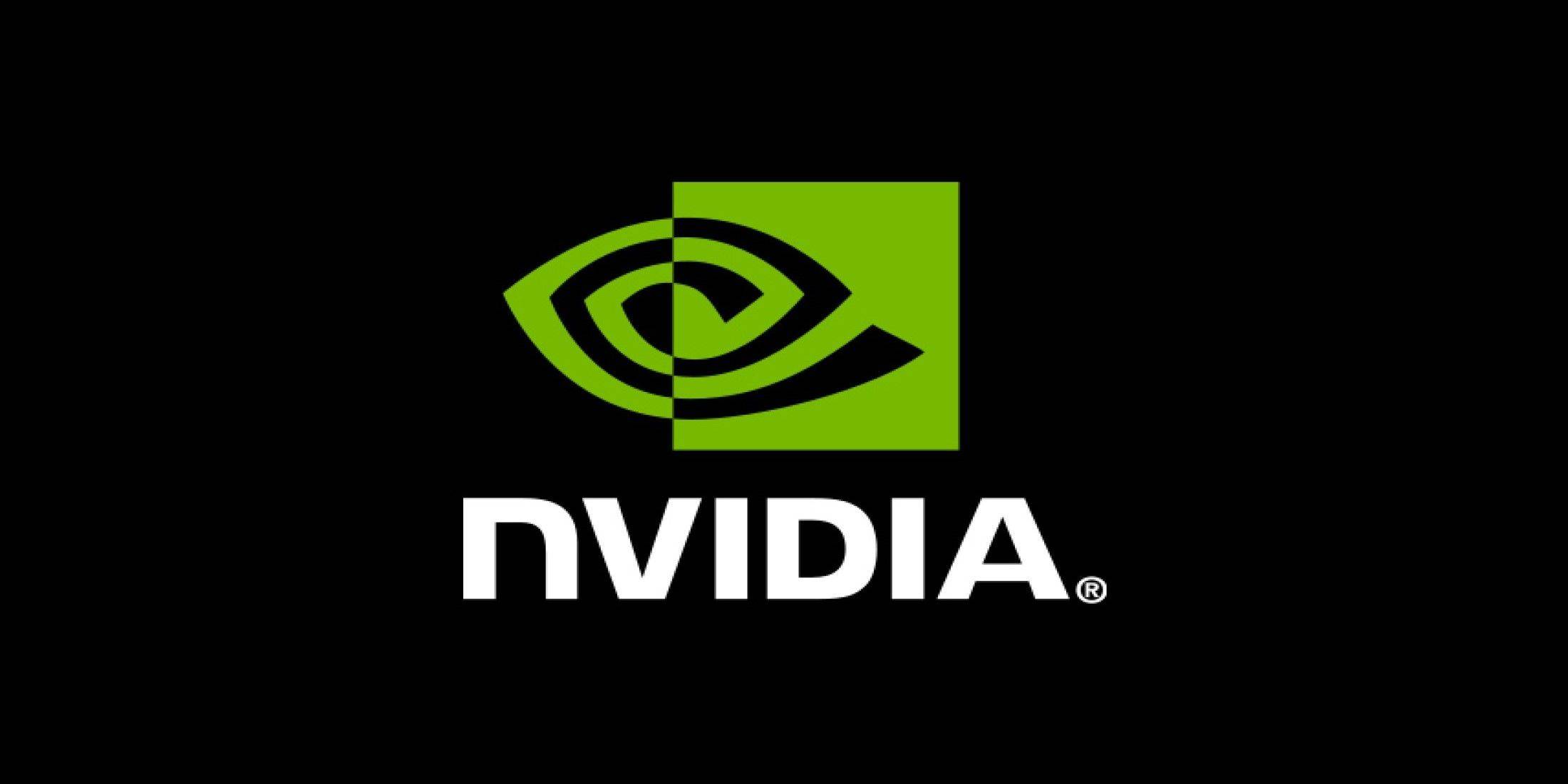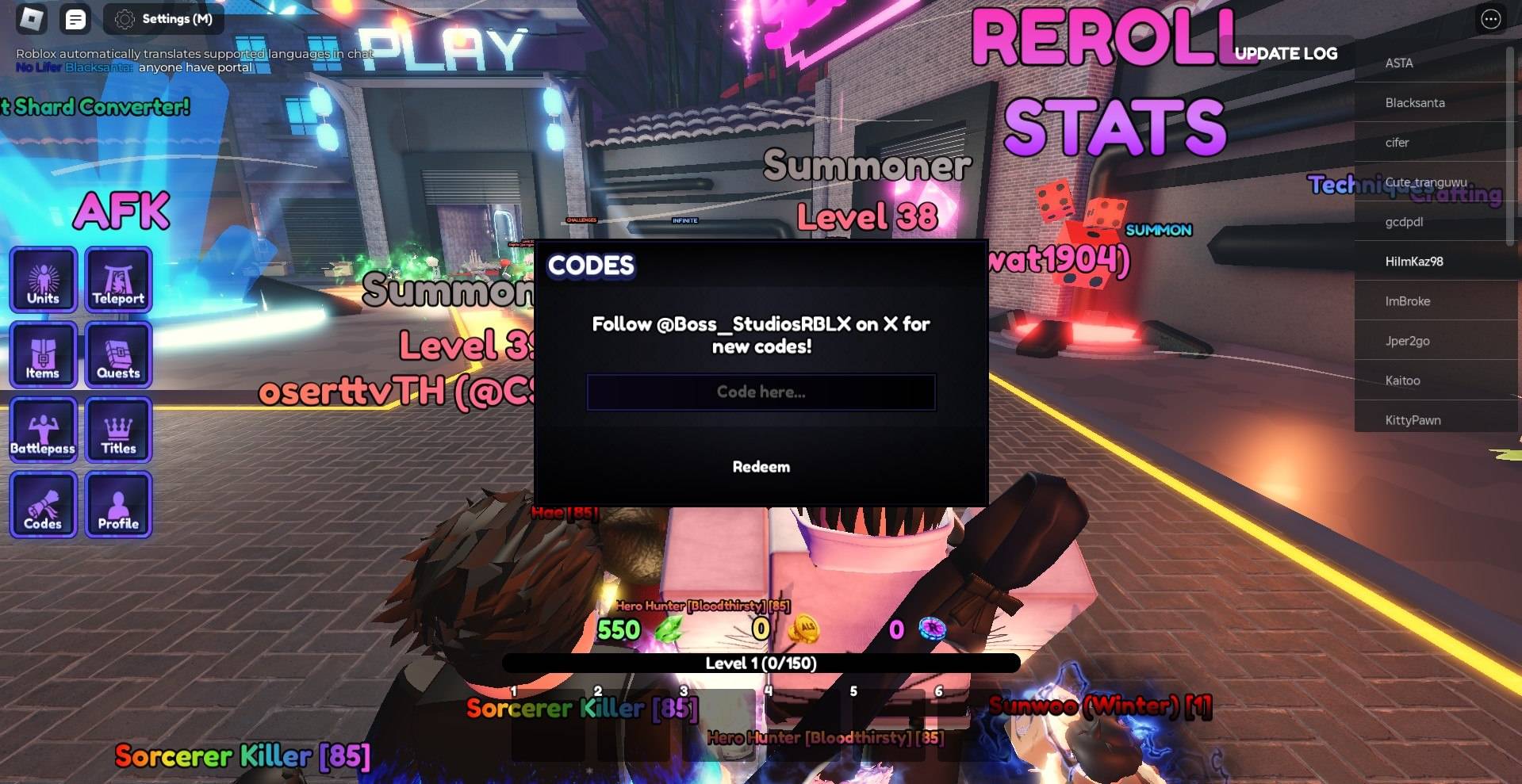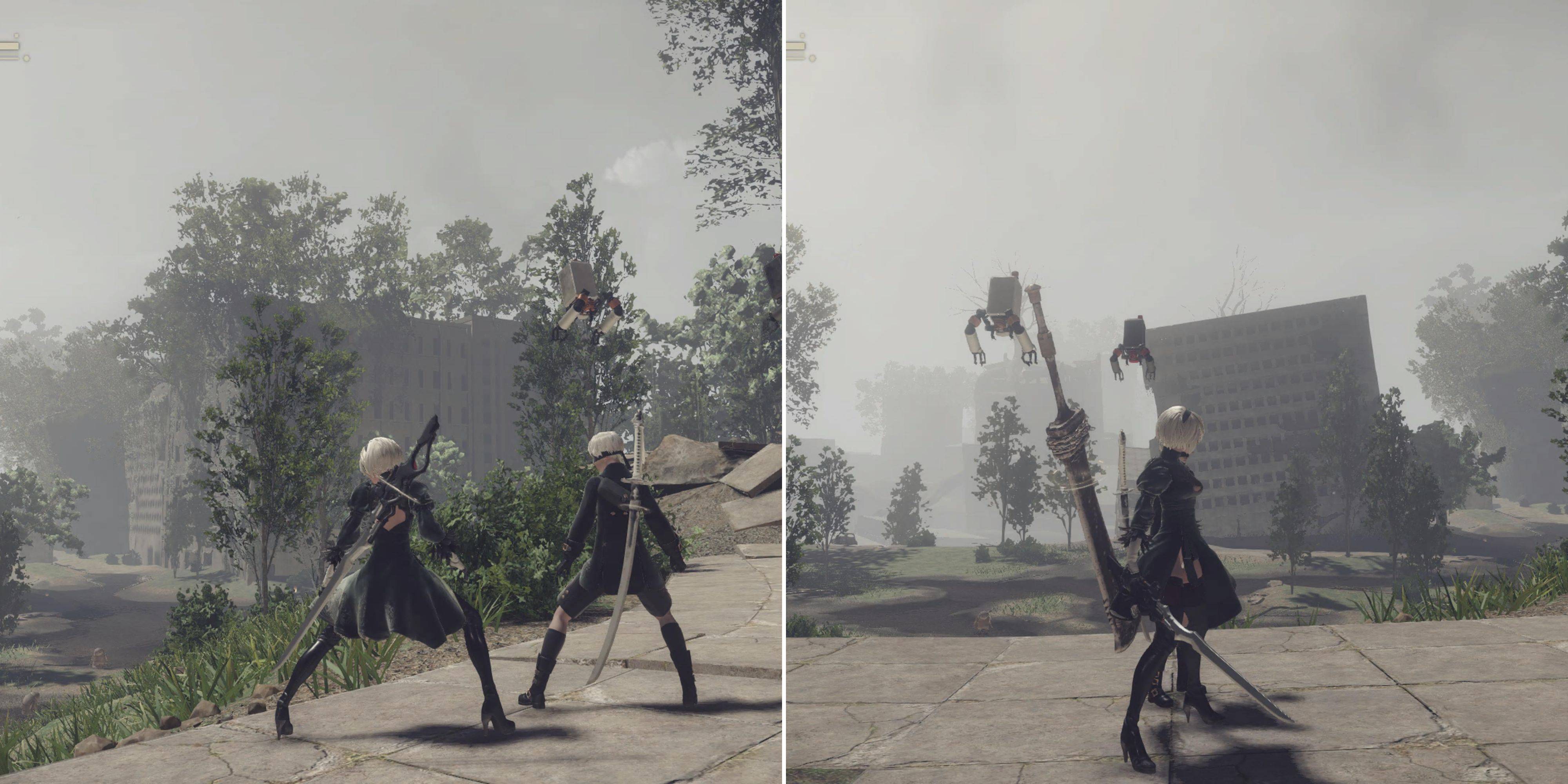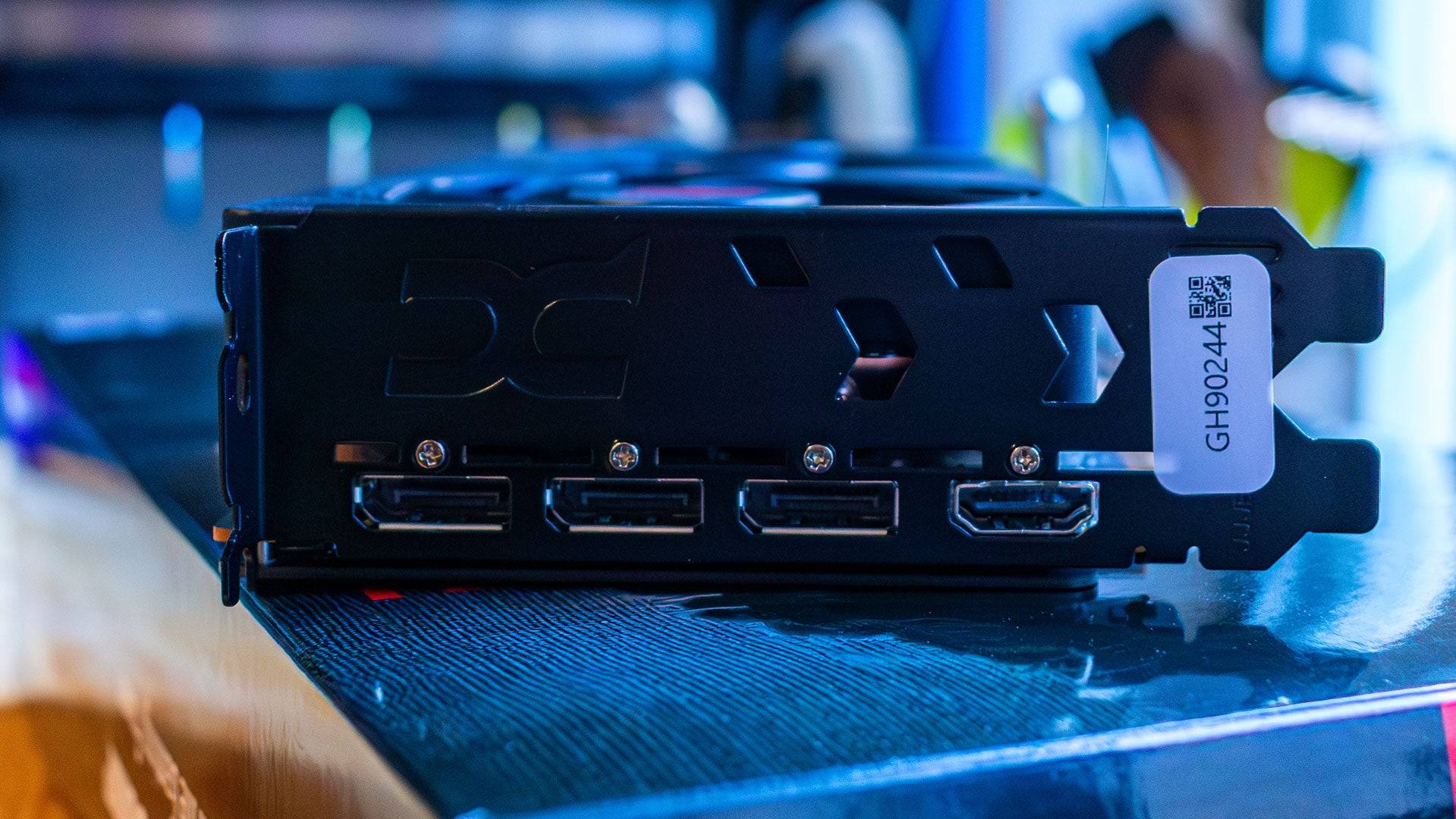ESA on Trump Tariffs: 'More Than Just Switch 2'
The past 48 hours have been a whirlwind for both economic followers and Nintendo enthusiasts alike. On Wednesday, the gaming community was taken aback by the announcement that the Nintendo Switch 2 would be priced at $450 in the United States. This steep price, as analysts say, was influenced by anticipated tariffs, as well as other contributing factors such as inflation, competition, and the costs of components.
The situation escalated further when, last night, the Trump Administration announced wide-reaching 10% tariffs on nearly every country, with significantly higher tariffs imposed on key nations including China, the EU, Japan, Vietnam, Canada, Mexico, and many others. In a swift response, China announced this morning a 34% reciprocal tariff on all U.S. goods. Amidst this turmoil, Nintendo made the surprising decision to postpone Nintendo Switch 2 pre-orders in the U.S., pending a review of how these tariffs might affect their console plans.
This unfolding scenario is unprecedented, impacting not just the gaming industry but the global economy at large. As everyone from analysts to the general public grapples with these developments, I had the opportunity to speak with Aubrey Quinn, a spokesperson for the Entertainment Software Association (ESA), just 30 minutes before Nintendo's pre-order announcement. Our conversation focused on the broader implications of these tariffs on the gaming industry.
The ESA, like many, is currently navigating the uncertainty these tariffs bring. According to Quinn, they anticipated some form of tariffs due to previous actions by the Trump administration and discussions during his campaign. They also foresaw potential retaliatory measures from countries like China and additional U.S. tariffs. However, the full impact remains unclear.
Quinn emphasized the ESA's expectation that these tariffs will have a negative effect on the video game industry. "We really are, at this point, just watching and trying not to have knee-jerk reactions, because we don't think that what President Trump announced this week is the end of the story, but what was announced this week and the tariffs as outlined, we do expect these tariffs will have a real and detrimental impact on the industry and the hundreds of millions of Americans who love to play games," she stated. The ESA aims to collaborate with the administration and other officials to mitigate damage to U.S. businesses and gamers.
The impact, as Quinn explained, extends beyond just the pricing of gaming systems. "It's hard to imagine a world where tariffs like these don't impact pricing," she said. Consumer spending, company revenue, employment, research and development, and even the design of future consoles are all interconnected and at risk.
In response, the ESA is taking action, though Quinn admitted it's challenging in the early days of the new administration. With a largely new cabinet and recent appointees, building on past relationships has been difficult. Nonetheless, the ESA is actively engaging with key figures to discuss the potential impacts on businesses and consumers within the U.S.
Quinn highlighted the ESA's proactive approach, mentioning their involvement in a coalition of trade associations that reached out to U.S. Trade Representative Jamieson Greer before the tariff news broke. They are also seeking meetings with legislators and administration members to address these concerns.
When asked about the effectiveness of these efforts, Quinn confirmed that conversations are indeed happening at various levels of government, including with White House and USTR employees. She stressed that this issue transcends the video game industry, affecting all consumer products from food to electronics.
For concerned consumers, Quinn suggested reaching out to their representatives through letters, calls, emails, or social media to express their concerns. "I think the more members of government, elected officials, and their staff who hear that their constituents are concerned, the more likely we are to be heard and to potentially make an impact," she advised.
Nintendo's decision to hold off on Nintendo Switch 2 pre-orders came just minutes after our conversation ended. While the ESA does not comment on individual company decisions, Quinn reflected on the broader impact of tariffs on the gaming industry. She noted the unfortunate timing of the Switch 2 reveal coinciding with the tariff announcement, emphasizing that the impact would be felt across all gaming devices, from consoles to VR headsets and smartphones. "This is going to have an impact on the entire industry," she concluded, underscoring the widespread effects of these tariffs.
Latest Articles


![1xBet [Updated]](https://imgs.yx260.com/uploads/76/1719623227667f5e3be7616.jpg)




























